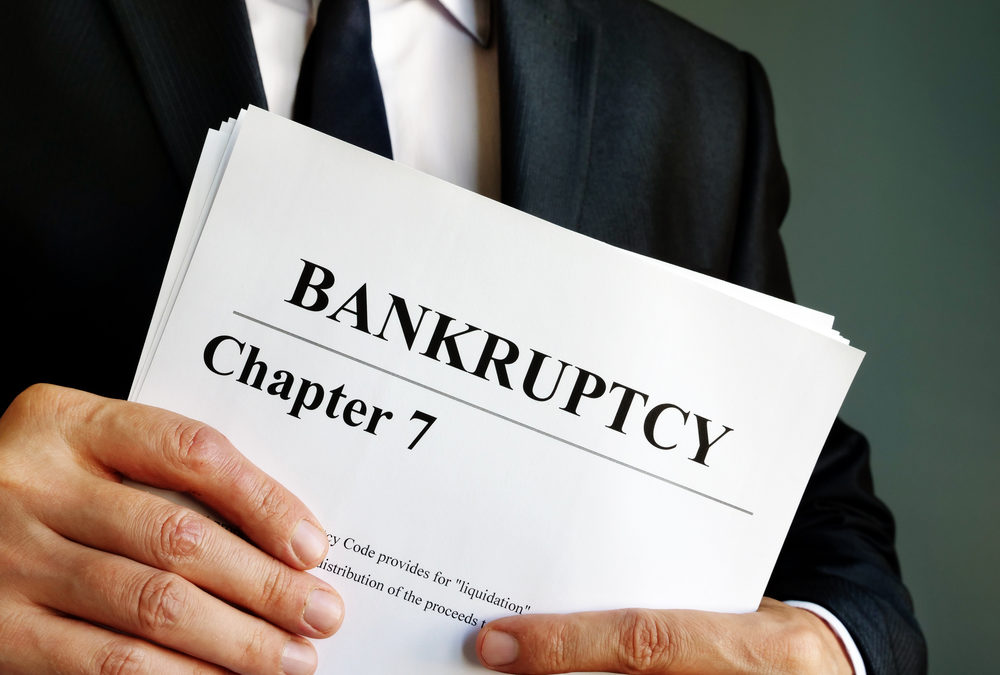Bankruptcy Lawyer
When you are dealing with a legal matter related to bankruptcy, it’s important to know the precise definitions of the items you are discussing. The following are some of the terms your bankruptcy lawyer will explain to you:
Automatic Stay
When you file for bankruptcy, all of your debts are paused. Your wages cannot be garnished, collectors cannot contact you for payments, and home foreclosures are put on hold. Lawsuits filed against you for debts will also stop.
Chapter 7 Bankruptcy
Chapter 7 is a type of personal bankruptcy that gives people a “fresh start.” Any assets a person has are liquidated in order to pay off debts. There are assets and property you are allowed to keep, such as your vehicle.
When the bankruptcy process has been completed, your unsecured debts, such as medical bills and credit cards, are charged off and you owe nothing. Chapter 7 is named for the U.S. Bankruptcy Code which addresses this type of bankruptcy.
Chapter 11
This type of bankruptcy is usually filed by a business that wants to reorganize and not go out of business. Chapter 11 is named for the U.S. Bankruptcy Code that addresses this type of bankruptcy.
Chapter 13
Chapter 13 bankruptcy is also a type of personal bankruptcy. Like chapter 7, all debts are put on hold, however, instead of eliminating debts, the individual works with the creditors through the court to renegotiate debts and come up with a repayment plan.
A monthly payment plan for a three to five-year period is developed that will allow the individual to pay all or a portion of the debt they owe. If there is a balance left after the agreed-upon time period, the balance of that debt is eliminated. Chapter 13 is named after the U.S. Bankruptcy Code which addresses this type of bankruptcy.
Creditor
The party to which money is owed.
Debtor
The party who owes the money.
Discharge
At the end of chapter 7 bankruptcies, the majority of debts are eliminated. This is legally referred to as discharge.
Exemptions
When filing for bankruptcy, there are some assets that a debtor is allowed to keep and not have to sell off. The bankruptcy trustee overseeing your bankruptcy will determine what assets or property you have that are exempt.
Lien
A lien is what is placed on an item when an individual has purchased the property under some type of finance plan. The lien allows the creditor to repossess the item should the debtor fail to keep to the agreement. The creditor can either hold the item until they are paid or they can sell the item to recoup the amount the debtor owes them.
Liquidation
Businesses that are going out of business will typically have a liquidation sale. It is basically selling off your inventory in order to obtain funds to pay off your debts.
Secured Debt
Secured debt is that which is usually attached to an item that can be repossessed if the debtor fails to pay. Examples of secured debt are a vehicle with a car payment or a house with a mortgage. Your vehicle can be repossessed if you fail to pay and your house can be foreclosed on if you do not pay your mortgage.
Unsecured Debt
This is debt that does not have a specific item attached to it that can be taken back by the creditor. Examples of unsecured debt are credit card debt and medical expenses debt.
Contact a Bankruptcy Law Firm Today
If you are considering filing for bankruptcy, do not file without obtaining legal advice. Call an experienced attorney, like a bankruptcy lawyer.



